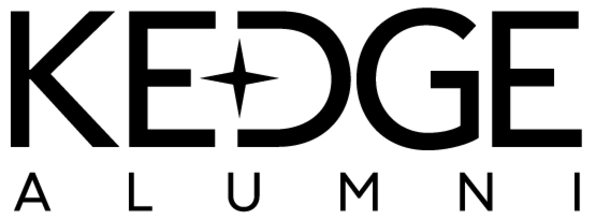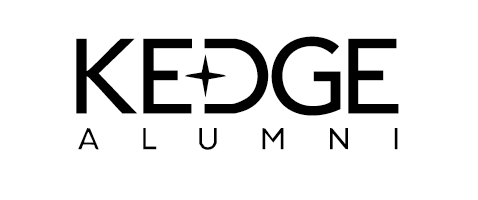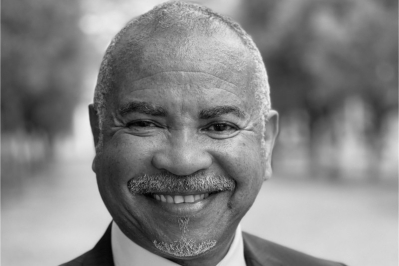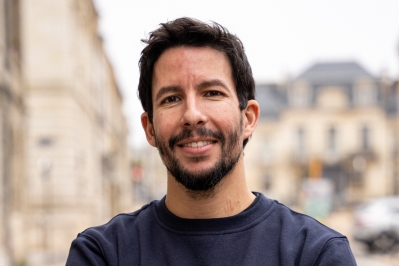News
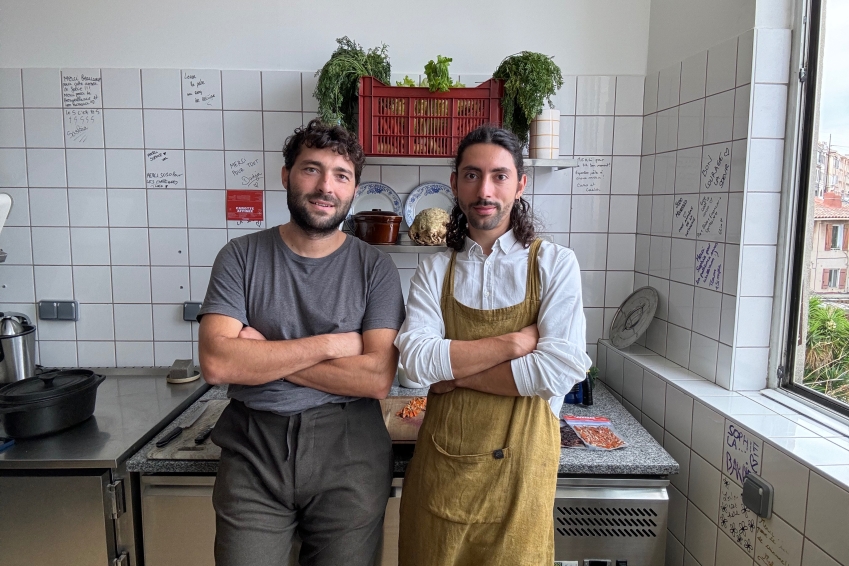
🌱 AVE Racine: Becoming the benchmark for plant-based charcuterie
Culinary innovation, sustainable impact and artisan know-how At AVE Racine, charcuterie reinvents itself.
🌱100% plant-based, organic and matured in Marseille using traditional methods, it surprises with its authenticity, taste and commitment. Our ambition? To become the benchmark for a still little-known culinary universe, bringing pleasure, conviviality and a positive impact to everyone's diet.
Beyond the products, AVE Racine defends a local and responsible business model: from fork to plate, quality sourcing and links with producers are at the heart of the project. With the aim of democratizing this know-how, spreading it and training a new generation of plant-based charcutiers, the startup hopes to make Marseille a veritable land of plant-based charcuterie experts.
In this mini-interview, Jeremy Emsellem, co-founder of AVE Racine, talks about his career, his commitment and his experience in the AgriFoodTech program at KEDGE, Inter-Made and the Cité de l'Agriculture.
1. You've already had your first entrepreneurial adventure with an artisan soap factory. What did this first experience teach you, and how did it prepare you to create AVE RACINE?
💬 "It's huge! For each step, everything seems easier and apprehended with less fear. Past experience also helps to go faster. For the legal, admin, BP and business model part, I'm less utopian and more realistic for the project's sustainability. And the last point is human: entrepreneurship is all about social relations between associates, partners, suppliers and customers."
2. Your career seems to be marked by a desire to make an impact. Where does this commitment come from, and how does it translate into AVE RACINE's mission today?
💬 "In my eyes, a company is not there to make money, but to provide a service that is useful. I think it's useful to take care of the health of our customers, our planet, our France and our loved ones. My awareness came when I met Alizée Lozac'hmeur from Makesense, in 2014 and who put words to my first entrepreneurial projects. At Ave Racine, we're focusing on developing new agri-food techniques to transform vegetables into charcuterie, so that people eat more vegetables and less meat. Meat farming is catastrophic from an ecological point of view. On the other hand, charcuterie isn't very good for your health, and if you can replace it with products full of fiber and low in cholesterol. And what's more, it's organic, made in France and distributed through channels that promote sensible consumption."
3. What is the core of the AVE RACINE project today? What concrete issues are you seeking to address in food or sustainable agriculture?
💬 "As mentioned, our plates need to become more vegetable-based. It's better to cultivate land to see carrots grow that humans will eat, than corn, wheat for cattle that will then be farmed on still other surfaces. 40% of land is cultivated for animals. It makes no sense! Let's keep some land for animals, yes, in quality livestock farms, and increase the land for humans.
At Ave Racine, there's another point we like to emphasize: we' re inclusive of people who love meat! Yes, with our traditional techniques and whole vegetable processing, we don't go for the ultra-processing that tries to look like meat. With us, the savoir-faire charcutier, with his methods of maturing, curing, smoking, etc. are respected. The products become beautiful, tasty and as close as possible to French culinary values."
4. You're currently raising funds. Can you tell us more about it: what will it be used for, and what are your short- and medium-term ambitions for AVE RACINE?
💬 "Today we're financing our first small factory. For 8 months we've been testing several methodologies, and now we've found the process that will be able to scale up. What's more, demand is strong as we've signed up 3 distributors. We're raising €400k in equity, so €250k has already been subscribed, and €300k non-dilutive.
Our ambition is to develop our industrialization, deploy our products in all organic networks, and then tackle the on-trade.
We're also working on new vegetables. The range will expand."
5. For several months now, you've been supported by the AgriFoodTech incubator run by KEDGE, Inter-Made and the Cité de l'Agriculture. What concrete benefits has this program brought you in your daily life as an entrepreneur?
💬"Accompaniment allows us to ask ourselves the right questions. As we have our heads in the sand, it forces us to lift our heads, check that our foundations are sound and that the company is heading in the right direction. The same goes for associates: it's always good to have outside people to clear our heads.
More concretely, the incubator provided us with direct contacts with banks, local players, advice on marketing, gateways to competitions, strategic advice and aperitifs between entrepreneurs. It's always important to meet up with your peers.
6. Many contacts were made through the incubation program. What encounters or support have marked you and had a direct impact on the development of AVE RACINE?
💬 "There are lots of them, from vegetable suppliers, to lawyers, to Business Angels groups, to locals. You should never underestimate every connection."
7. What are your next big challenges or milestones between now and the end of 2025?
💬"Preparing for Christmas: making charcuterie boards for raclette."
8. What advice would you give to an impact-conscious entrepreneur hesitating to join the AgriFoodTech incubator?
💬 "Even older people like me (40) need support, all our lives we need to be helped, carried and supported, and at some point we need to be lifted out of the water.
Otherwise, my favorite adage: alone we go faster, together we go further."
🌱 KEDGE's AgriFoodTech program
Developed by KEDGE Entrepreneurship, Inter-Made and the Cité de l'Agriculture, the Agri-Food Tech incubation program supports startups reinventing sustainable agriculture and food in the South of France. Located on the Marseille campus (Luminy), this incubator, the first of its kind in the PACA region, has a mission to :
-
Foster the emergence of innovative projects that meet the region's food and agricultural challenges
-
Support sustainable, responsible and mutually supportive business models
-
Create synergies between entrepreneurs, local players, financiers and industry experts.
As the only business school with the French Tech label, KEDGE Business School confirms its commitment to innovation and entrepreneurship by supporting high-impact initiatives that serve future generations.
👉 KEDGE graduates, if you're carrying a project in sustainable food or agriculture, this program could be the springboard to accelerate your entrepreneurial adventure.
